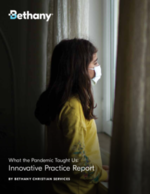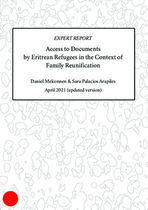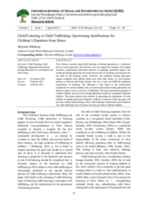Perceived needs and barriers related to continuing professional development of child protection social workers in Romania
This paper fills a gap in specialized knowledge regarding continuing professional development (CPD) in social work in Romania by examining how child protection Romanian social workers experience CPD throughout their professional lives.



